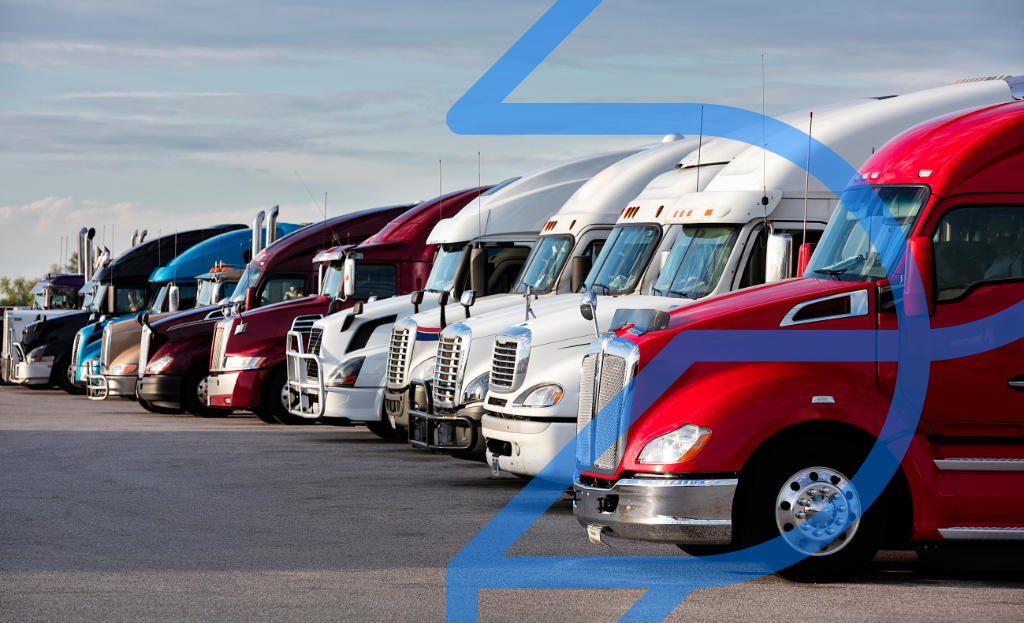6 Change Management Strategies to Facilitate the Adoption of Automation
More than ever, companies that want to stay ahead of the competition, or even remain viable businesses in the years ahead, have to keep searching for...
4 min read
 DocuPhase
:
Feb 15, 2023 9:30:22 AM
DocuPhase
:
Feb 15, 2023 9:30:22 AM

Artificial intelligence (AI) tools designed to manage data and automate repetitive processes are becoming increasingly commonplace. While AI tools haven’t yet become ubiquitous in accounting, it’s inevitable that these tools will transform the future of the industry.
In recent months, the emergence of widely accessible Artificial intelligence (AI) tools has made a once futuristic topic mainstream.
Perhaps the most well-known now is ChatGPT, an AI chat bot that’s taken social media by storm.
Immediately following its launch in November of 2022, more than 1 million users signed up. Since then, it has amassed many more who have seen the value in the tool’s versatile feature set, including composing essays, stories, screenplays, and even writing and debugging code in a multitude of programming languages.
Another example is DALL-E-2, an AI-powered image generator (by the same creators of ChatGPT) that creates original images using natural language inputs. Both applications are extremely user-friendly, causing the public to acknowledge how accessible and useful these tools can be.
Businesses are no exception, as many are already seeking ways to implement AI tools in the workplace to drive efficiency gains.
Coursera’s chief executive Jeff Maggioncalda recently spoke with CNN about how he uses ChatGPT for email brainstorming and composition and shared his forecast for the future of AI in the workplace.
“Anybody who doesn’t use this will shortly be at a severe disadvantage. Like, shortly. Like, very soon,” he remarked.
While use cases for businesses are continuing to develop, some industries have yet to embrace AI’s potential to enhance productivity.
According to a survey conducted by Fishbowl, accounting is one of those industries: Only 16% of survey respondents in the vertical are currently utilizing AI tools.
It’s not for lack of availability: AI tools for accounting do exist, like optical character recognition (OCR) that can capture, extract, and index invoice data on your behalf. And these tools are extremely powerful when it comes to heightening efficiency and productivity.
AI and machine learning (ML) tools are primarily designed to manage data and to automate repetitive processes that would otherwise have to be handled manually. Accounting professionals can appreciate this functionality, since repetitive tasks like data entry and 3-way matching consume countless hours of their time.
AI and machine learning tools are currently proving their worth in the industry for their ability to offload these tasks and more from AP departments. As we look to the future, we have every reason to expect that these tools will become commonplace.
Yet despite so much promise, there's fear and skepticism surrounding the use of AI in accounting. The question on many accountants’ minds is, “Will AI replace my job?”
In reality, AI is poised to create more opportunities: both in efficiency, and employment.
According to the World Economic Forum (WEF), 58 million jobs will be created thanks to AI technology, and two-thirds of jobs that are changing will become higher-skilled, making those employees even more valuable.
Businesses who become early adopters in this digital transformation can proactively establish an effective change management strategy and get a head start on acclimating their teams to AI technology.
The mechanical nature of automation makes data capture processes much more precise than manual entry.
AP automation tools powered by machine learning can intelligently analyze and index data based on established patterns (like where to find line items on an invoice). They use this knowledge to copy data directly into appropriate form fields, thereby eliminating the margin of error for typos or inaccurate transcriptions.
They can also import data like vendor or GL codes from a central database, such as your ERP system. Through this direct integration, AP teams can mitigate the mistakes that occur when manually entering data into multiple disparate software platforms.
AI is proficient at identifying and extracting data, and can be used to automate invoice data capture and GL updates that would otherwise require human effort.
Instead of keying in line items and vendor codes, your teams can put energy toward things like translating data analytics to help your customers or to inform your business decisions.
These tools not only give your team more time back in their day, but they’re also readily available 24/7.
This means your AP staff no longer needs to dread taking time off for fear of returning to a backlog of unregistered and overdue invoices. With OCR capture powered by machine learning, invoice data can be automatically scanned, sorted, and indexed anytime, day or night.
The more often AI technology is used, the more quickly it learns and adapts to your processes.
AI tools are feedback driven, prompting users to confirm whether they’ve performed a task correctly or not. As the skill set develops over time based on responses, the tool becomes more capable of reliably performing tasks on your behalf with little to no intervention.
For instance, DocuPhase’s AI-assisted optical character recognition (OCR) technology analyzes how different vendors format their invoices, improving its accuracy with every invoice scanned. It uses this knowledge to identify line-item values, which are then verified via automated 3-way matching.
It also integrates with your ERP system to fill out vendor data based on the remit to address listed on the invoice. The more often it does this, the less often your employees will need to manually intervene in the invoice capture process.
Machine learning algorithms like this aim to continually improve with an end goal of handling entire processes autonomously, giving your team more time to accomplish tasks that require human evaluation like auditing, ethical judgements, fraud detection, and strategic planning.
Accounting AI will soon be a mainstay in any CFO’s back office, and early adopters can begin building digital resilience for what’s to come while reaping the benefits of these tools in their daily workflows now.
DocuPhase helps set your business apart from your competitors during this age of digital transformation. Our AP and payment automation tools allow you to leverage machine learning technology to streamline accounting processes from end-to-end, offering greater efficiency and insight for you and your customers. Book a demo with an automation expert today to learn more.

More than ever, companies that want to stay ahead of the competition, or even remain viable businesses in the years ahead, have to keep searching for...

The stability of your workforce can be impacted by any number of things – stress levels, repetition of tasks, and skill requirements. According to an

Managing a heavy truck dealership involves juggling many tasks, from overseeing complex inventories to staying ahead in a competitive market....